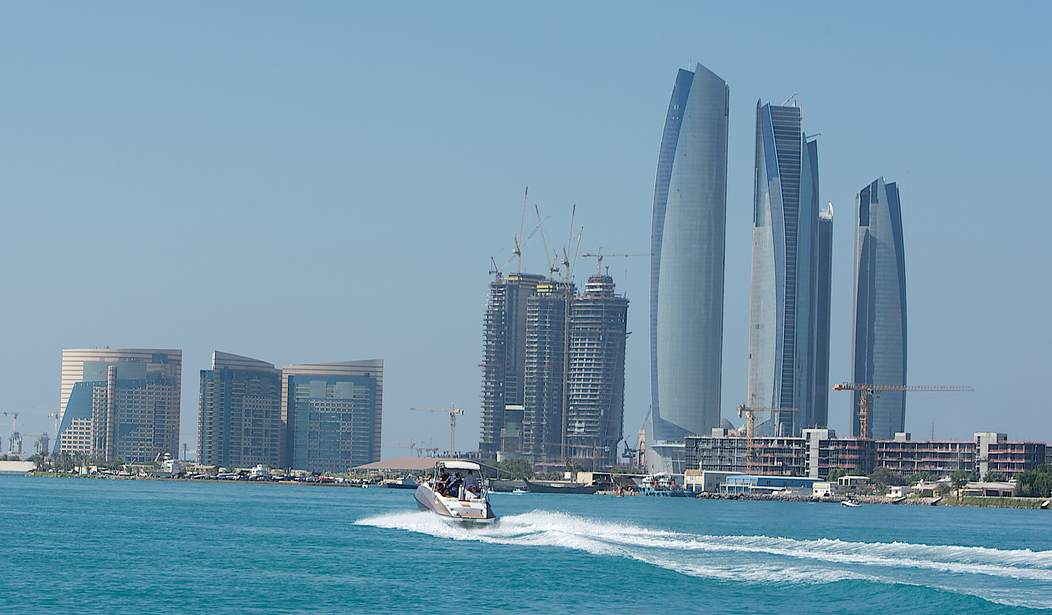For a period of two years, Bertrand Monnet, an expert in the economics of criminal enterprises, meticulously recorded every facet of the notorious Sinaloa cartel’s business model in Mexico for Le Monde.
The filmmaker was uniquely situated to peel back the curtain on the Mexican cartel’s unlawful operations. A professor and chair of Criminal Risks Management at EDHEC Business School in France, Monnet served in the French Army and as an advisor to the Ministry of Defense prior to undertaking forensic research in China, Nigeria, Colombia, the Balkans, and Italy.
By exposing the violent syndicate's activities, including both drug and human trafficking across America’s southern border, Monnet takes his viewers on a journey to witness the manufacturing of fentanyl in Culiacan garages, it's lethal distribution across the United States, and the organization’s illicit laundering of its filthy proceeds.
Often appearing as blue M30 tablets, counterfeit oxycodone pills laced with the highly addictive synthetic opioid, fentanyl is the leading cause of death for individuals aged 18 to 45 in the United States. According to the Drug Enforcement Agency (DEA), the drug “is approximately 100 times more potent than morphine, and 50 times more potent than heroin as a painkiller. Twenty-six percent of tablets tested in a DEA laboratory contained a lethal dose of fentanyl.”
In 2022, 130,000 Americans died from fentanyl, with millions more M30 tablets coming across the border in 2023. The breathtaking suffering imposed by the street drug has been as staggering as the billion-dollar industry resulting from its use.
Recommended
Monnet documents in scrupulous detail how the drug has destroyed lives, families, cities, and even nations but also chronicles the money laundering mechanisms that have given underworld entities the ability to flourish through furtive means.
Without the ability to harvest, hide, wash, and reinvest their profits, organized crime organizations like those operating on America’s southern border would be faced with a significant barrier to maintaining and scaling their business operations. Indeed, money laundering now poses a more difficult challenge than mitigating demand or countering distribution.
It’s not difficult to figure out why.
Offshore financial centers (OFCs), sometimes referred to as “pass through economies,” constitute banking jurisdictions that have given rise to anonymized wealth – including the ability to fund economic transactions outside the prying eyes of law enforcement, journalists, investigators, or even governments. The territories provide criminal enterprises with clandestine means to launder their assets, grow their fortunes, and expand their horizons on a global scale.
Long known for their tax neutral practices and minimal reporting standards, offshore jurisdictions once adhered to the standard that financial institutions domiciled in their limits should verify the identities of the people and companies opening financial accounts in their jurisdictions, sometimes referred to as “know your customer” or KYC requirements.
Today, a large number of the institutions in these specially designated zones have relaxed their banking procedures to accommodate ostensibly corrupt practices. No longer effectively enforced, the old standards once upheld by global financial watchdogs like the Organization for Economic Co-operation and Development (OECD) have become mere talking points.
Though the Cayman Islands, Channel Islands, Hong Kong, and Bermuda are lodged in the American psyche for being among the more prominent offshore financial centers, the United Arab Emirates (UAE), an opulent oil rich federation of seven emirates located on the eastern end of the Arabian Peninsula, now reigns supreme in the Middle East and North Africa (MENA) and is rising in global rankings.
Just as Miami once served as an audacious port of call for Latin American drug money in the 1980s, Dubai’s gleaming skyscrapers and highly manicured port city now beckon the same manner of corrupt entities, just on a larger scale. Though petroleum is the UAE’s principal export by day, money laundering could be said to be its most notable industry by night.
Concealing illicit transactions by leveraging offshore financial centers has become an all-too-common global activity with real estate serving as the most common vehicle used by organized crime syndicates to launder their proceeds, before buying off politicians, officials, and governments.
The Emirati government must do more to address their well-earned reputation for leading in this dirty business. By balancing economic growth with financial integrity, implementing stringent anti-money laundering laws (AML), fortifying its regulatory framework, and actively participating in global initiatives, the Gulf country can demonstrate its capacity to be a responsible and transparent financial center. But without these measures, illicit actors can be expected to further tarnish the UAE’s ability to serve as a global financial hub by raising questions about whether its financial systems can be trusted.
The bottom line is that whether anything can be done to address Emirati corruption is a question that must first be addressed by the Emiratis.

























Join the conversation as a VIP Member